Spouse Visa
Marriage Between a Filipino and a Japanese
- 2024.10.04
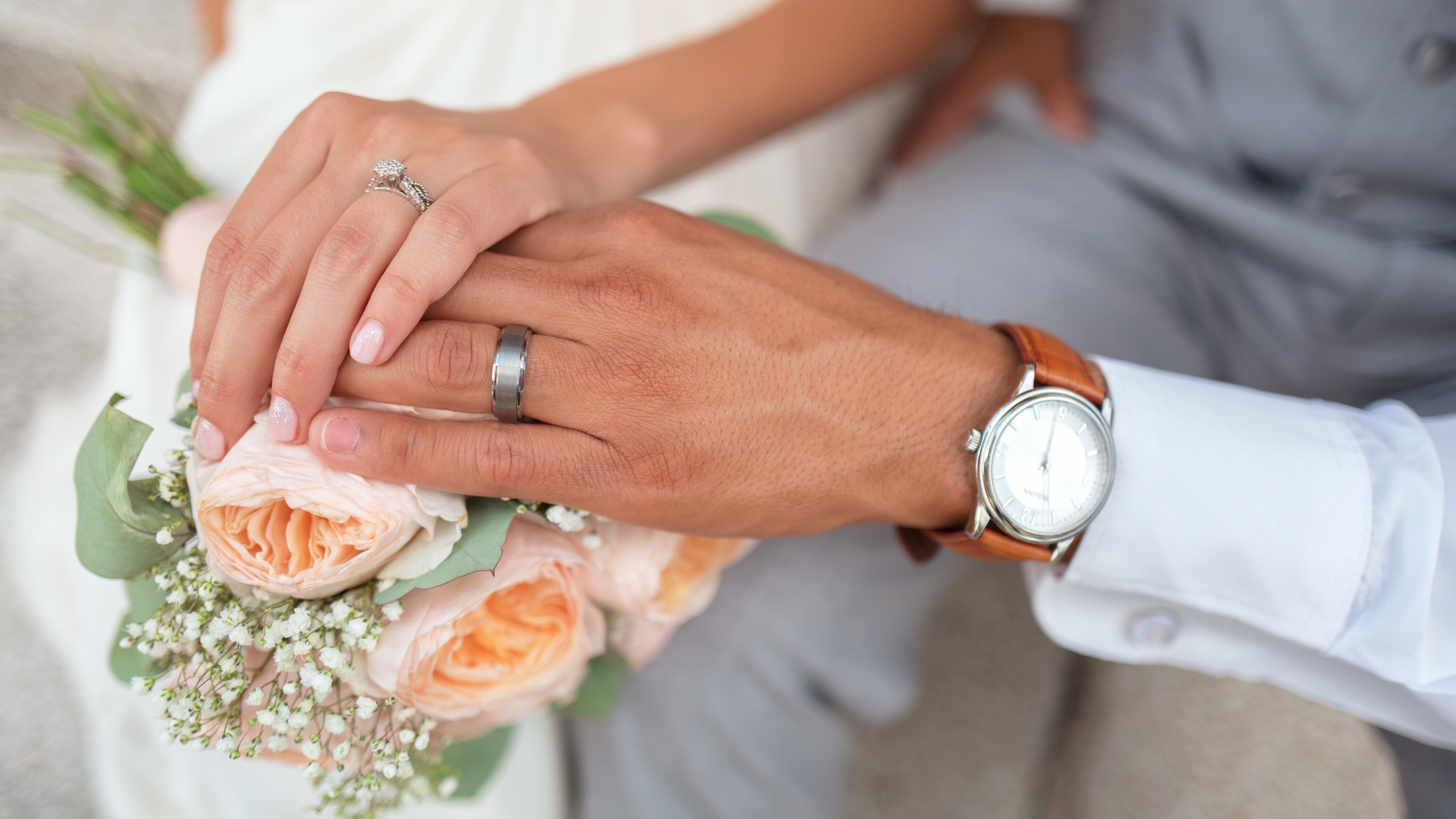
With the recent trend of globalization, the number of international marriages between Japanese and foreigners is increasing. In international marriages, it is important to respect both parties' laws, customs, and cultures. Furthermore, to obtain a medium-to-long-term visa and live together in Japan as a couple, it is first necessary to arrange the marriage procedures properly. The specific documents and procedures required for marriage procedures and visa acquisition would vary depending on the nationalities of both parties in the marriage. In this article, we will provide an overview of the conditions for a Japanese spouse visa and explain the prerequisites for applying for a visa, international marriage, particularly international marriage between a Filipino and a Japanese, which make up a not-so-insignificant portion of international marriage in Japan.
Common procedures for marriages between foreigners and Japanese people (common to all nationalities)
To marry a foreigner and a Japanese person and to be recognized as a spouse visa applicant, the following three points must be met:
1) Both parties must fulfill the marriage requirements
2) Marriage procedures must be completed in the home countries of both parties
3) Under Japanese social standards, they must be living as a married couple
We will explain each point below.
Both parties must be legally married.
Besides both parties being 18 years of age or older, the foreigner must also be of legal age to marry in their home country.
In addition, marriage must not impede marriage in both countries (i.e., it must also be legal under the law of the home country), so the couples have to be careful on this point.
If the two countries have different minimum marriage ages, each party will comply with the higher minimum marriage ages.
Applicants must also be single before getting married.
If one or both parties have been divorced or widowed in the past, additional documents regarding that situation may be required.
Marriage procedures must be completed both in Japan and in the home countries of the foreign party.
Both marriage procedures must be completed at a Japanese municipal office (ward office, city hall, town hall) and in the visa applicant’s home country.These are two kinds of methods:
◆Japan method
The wedding ceremony and registration procedures are carried out in Japan, and then a marriage registration is submitted to a foreign embassy in Japan. In some cases, registration in an embassy is not required.
|
Required documents |
|---|
|
※Documents in a foreign language must be translated into Japanese.
※1 Birth certificate showing the parents’ names and birth dates, nationality certificate (or passport) showing nationality, and divorce certificate if he/she has a divorce history are required. However, the required documents may vary slightly depending on the country, so please see the next section for details.
◆Foreign method
A method that the wedding ceremony and registration procedures are carried out abroad, and then a marriage registration is submitted: submit a marriage registration at the Japanese embassy, or return to Japan and submit a marriage registration at the ward office.
Marriage registration procedures vary depending on the country, so please see the next section for details.
Living together as a married couple under Japanese convention
Living together as a married couple under Japanese convention. When applying for a spouse visa, the couple is not only considered to have a marital relationship based on the marriage procedure on paper but is also considered to be “actually living together in Japan as a married couple.”
The key points to consider are whether the couple “lives together” and “whether there is a financial reliance (dependence).”
For detailed information on the procedures and required documents for a spouse visa for a Japanese, please see this article from us.
Points to note when marrying a Pilipino and a Japanese
Eligibility
In Japan, the minimum age for marriage without parental consent is 18, but in the Philippines, it is 25.
For Filipinos, the minimum age for marriage with parental consent is also 18.
Therefore, Filipinos between the ages of 18 and 20 who wish to marry are required to have a parental “Affidavit of Parental Consent” notarized by a Philippine notary public and certified by the Ministry of Foreign Affairs, and those between the ages of 21 and 25 are required to have a parental “Affidavit of Parental Advice,” notarized by a Philippine notary public and certified by the Ministry of Foreign Affairs.
Japanese method (method of completing marriage procedures in Japan first)
① Obtaining a Certificate of Eligibility to Marry (Certificate of Single Status) for Philippine Nationals.
Under Japanese law, all foreigners who marry in Japan are required to first obtain a Certificate of Eligibility to Marry, which swears that they are legally free to marry.
For Filipinos, this can be obtained at the Philippine Embassy in Japan.
In order to apply, some documents must be obtained in advance from the Philippine government.
|
Required Documents |
|---|
Additional documents for first-time married Filipino nationals aged 18 to 25:
|
*A certificate issued by the Philippines Statistics Authority and certified by the Philippines Department of Foreign Affairs is required.
*1 If both parents live in the Philippines: The Affidavit of Parental Consent/Advice needs to be notarized at a notary public office in the Philippines and certified by the Philippine Department of Foreign Affairs.
If both parents live in Japan: The affidavit needs to be prepared at the Philippine Embassy.
If both parents have passed away: A death certificate issued by the Philippine Statistics Authority which is certified by the Philippine Department of Foreign Affairs.
*2 If a Filipino is divorced, has an annulment, or has lost their spouse, certified documents by the Philippine Department of Foreign Affairs are required.
For more information, please visit the Philippine Embassy in Japan website.
② Register your marriage at a municipal (city, town, or village) office in Japan
|
Required Documents |
|---|
Filipino side
Japanese side
|
※ Required documents may vary slightly depending on the municipality, so please check with the municipal office you are planning to visit in advance to confirm.
③ Report the marriage at the Philippine Embassy in Japan
|
Required Documents |
|---|
|
*If you wish to submit marriage registration to the Philippine government one year after getting married in Japan, an Affidavit of Delayed Registration of Marriage is also required.
If you apply over the counter, both you and your spouse must come to the Philippine Embassy. Appointment is required.
It is also possible to apply by mail, but you will need to confirm with the embassy via email and have the application documents notarized at a Japanese notary public office.
Additional documentation may be required depending on the situation.
For more information, please visit the website of the Philippine Embassy in Japan.
Procedures and required documents Philippine method (method to carry out marriage procedures first in the Philippines)
① The Japanese side obtains a certificate of eligibility for marriage at the Japanese Legal Affairs Bureau
Required documents (for Tokyo Legal Affairs Bureau/Osaka Legal Affairs Bureau) |
|---|
|
* If a woman has changed her family register within 100 days from the application date, a copy of her family register before the change is also required. In addition, if the applicant is a minor, a letter of consent from both parents is required.
* The name, sex, date of birth, and nationality of the partner are to be conveyed on the Certificate of Eligibility to Marry, based on the information provided on the certificate application form submitted by the customer. The name of the spouse is generally written in katakana.
* Applications must be made by himself/herself; applications and receipts cannot be made by proxy.
* The certificate may be received from the day after the application date.
② Obtaining a marriage license in the Philippines
Travel to the Philippines and apply for a marriage license (Certificate of Marriageability) at the municipal office of the Filipino’s place of residence.
The documents required for this application may vary depending on the location, but generally, the following items are required:
|
Required Documents |
|---|
|
A Philippine marriage license is valid for 120 days from the date of issue.
For more information, please contact the municipal office that has jurisdiction over your Philippine domicile.
③Hold a wedding ceremony and receive a certified copy of the marriage certificate
The marriage must be held within the validity period of the marriage license (within 120 days of issue).
The marriage must be held before a person authorized by Philippine law to perform marriages (such as a priest or judge), and two adult witnesses must be present. After the marriage vows, the parties and witnesses sign, and the person who performed the marriage certifies the marriage certificate.
Then, you must take the marriage certificate to the municipal office with jurisdiction over where the wedding was held and have the local civil registrar register the marriage. You will also obtain a certified copy of the marriage certificate.
④ Register your marriage in Japan
Once you receive your marriage certificate, you must submit a marriage notification to your local city or town office in Japan within three months.
You can also register your marriage through a Japanese embassy or consulate in the Philippines, but the process can take up to two months. Therefore, we recommend that you return to Japan temporarily to register your marriage, especially if you plan to live together in Japan in the future.
|
Required Documents |
|---|
Filipino side
Japanese side
|
Advantages and disadvantages of Japanese-style or Philippine-style marriage procedures
In the case of an international marriage between a Japanese and a Filipino, which method is better?
The short answer is that both methods are okay.
Both methods have advantages and disadvantages, so it’s best to consider your personal circumstances before making a choice.
[Japanese Method]
Advantages
– The procedure is smooth and simple.
If the Filipino party currently resides in Japan and has another residence status, in the Japanese method (a method of first completing the marriage procedure in Japan), unless there are exceptional cases such as a Filipino aged 18-25 who requires parental consent, there is no need to return to the Philippines for a long period of time to complete the marriage procedure.
In addition, there are fewer steps in the marriage procedure, reducing costs and time.
– You can apply to change your visa to a Japanese spouse visa immediately after the marriage.
Disadvantages
– If you come to Japan temporarily for a short stay and complete the procedure, you will need to obtain a “90-day short-term stay visa” at the local Japanese consulate in advance.
[In the case of the Philippine method]
Advantages
– If the Filipino spouse is currently residing in the Philippines, it is easy to prepare the necessary documents, and he/she does not need to obtain a short-term visa to come to Japan.
Disadvantages
– If you get married in the Philippines first, you must obtain a marriage license and then hold a formal wedding ceremony in the Philippines. The Japanese person must stay in the Philippines for a certain period of time or travel there several times.
Considering these points, in general cases,
◆ If the Filipino party is currently residing in the Philippines and the Japanese party can travel to the Philippines for long period or frequently, or the Filipino party is under 25 years old, the “Philippine method (a method of first completing the marriage procedure in the Philippines)”
◆ If the Filipino party is currently residing in Japan, or the Japanese party cannot travel to the Philippines for long periods or frequently, the “Japanese method (a method of first completing the marriage procedure in Japan)”
is recommended in terms of the time and cost.
Summary
This time, we have briefly explained the process of marriage between a Filipino and a Japanese person and the necessary documents.
As mentioned above, whether it is better to carry out the marriage procedures and registration first in Japan or the Philippines depends on where the Filipino spouse currently lives and on individual circumstances. Please plan according to your personal situation.
Once the marriage procedures are complete and various visa points are met, the foreign spouse can apply for a “spouse or child of a Japanese national” and live together in Japan.
Please feel free to contact us with any questions regarding support for spouse visa applications or international marriages.
We are Yanagi group, which have offices in Osaka (Abeno and Tennoji), and our affiliated offices in Tokyo (Shibuya and Ebisu) are also available for an on-site consultation. We have handled many applications for permanent residence permits, naturalization permits, work visas, college student visas, management visas, etc., as well as visa renewal procedures related to the status of residence with the Immigration Bureau (Immigration Bureau) as a one-stop service. Our experienced administrative scriveners are also available to help you with any problems you may have. We also have staff members who can speak each of the native languages and can assist you in obtaining a visa.
Toll free number: 0120-138-552
For English speaker: 080-9346-2991
For Chinese speaker: 090-8456-6196
Editor of this article
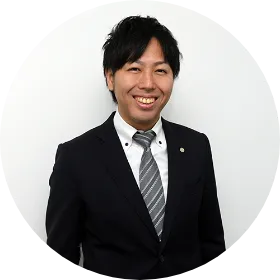
- Ryota Yanagimoto
- Administrative Scrivener/Judicial Scrivener
At the age of 24, he passed the national examinations for judicial scrivener, administrative scrivener, and wage service manager at the same time.
While working as a full-time lecturer at a major prep school, he independently opened a legal office related to judicial scriveners and administrative scriveners,
and he has experience as a judicial scrivener and an administrative scrivener for more than 15 years so far.
He has been actively contributing to various industries such as publicly listed companies, real estate companies, financial institutions, elderly care services, and professional organizations by conducting seminars, lectures, and talks.
And now he has a record of over 60 presentations so far.
Furthermore, as the president of a Japanese language school announced by the Ministry of Justice and Acts, and an advisor to a real estate company (capable of handling foreign clients),
he has been involved in various aspects of industries related to foreigners.
It is recommended to consult with experts when it comes to visas, naturalization, and residency matters.

Our office has specialized experts in visa and naturalization applications who are available to assist with free consultations (limited to the first session) and inquiries related to various visa applications and naturalization applications.
Additionally, we have foreign staff proficient in English, Chinese, and Korean languages with specialized knowledge, and they are present to provide support. They can accommodate consultations and inquiries in each language. Feel free to use our free consultation and inquiry services from here.









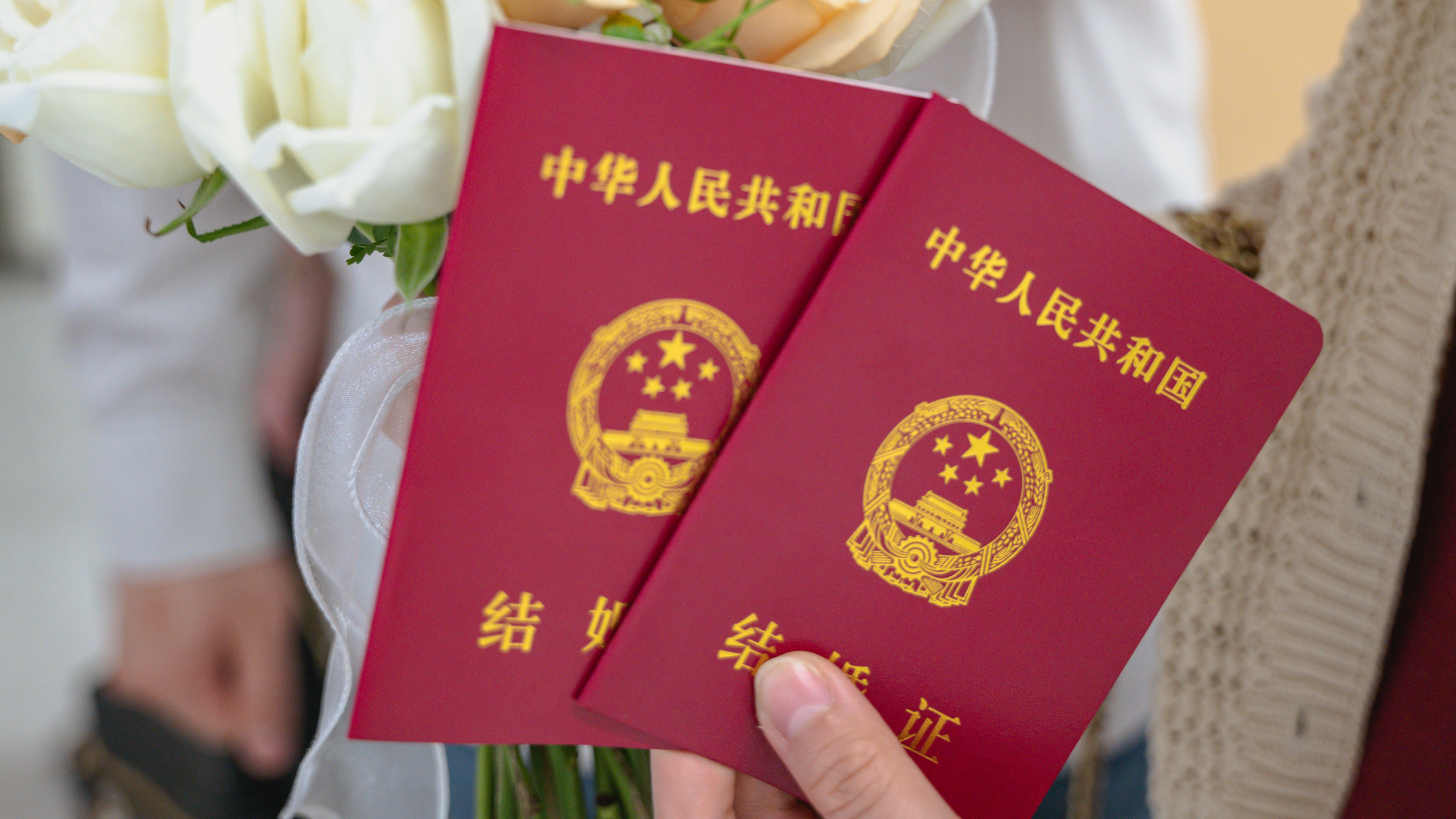
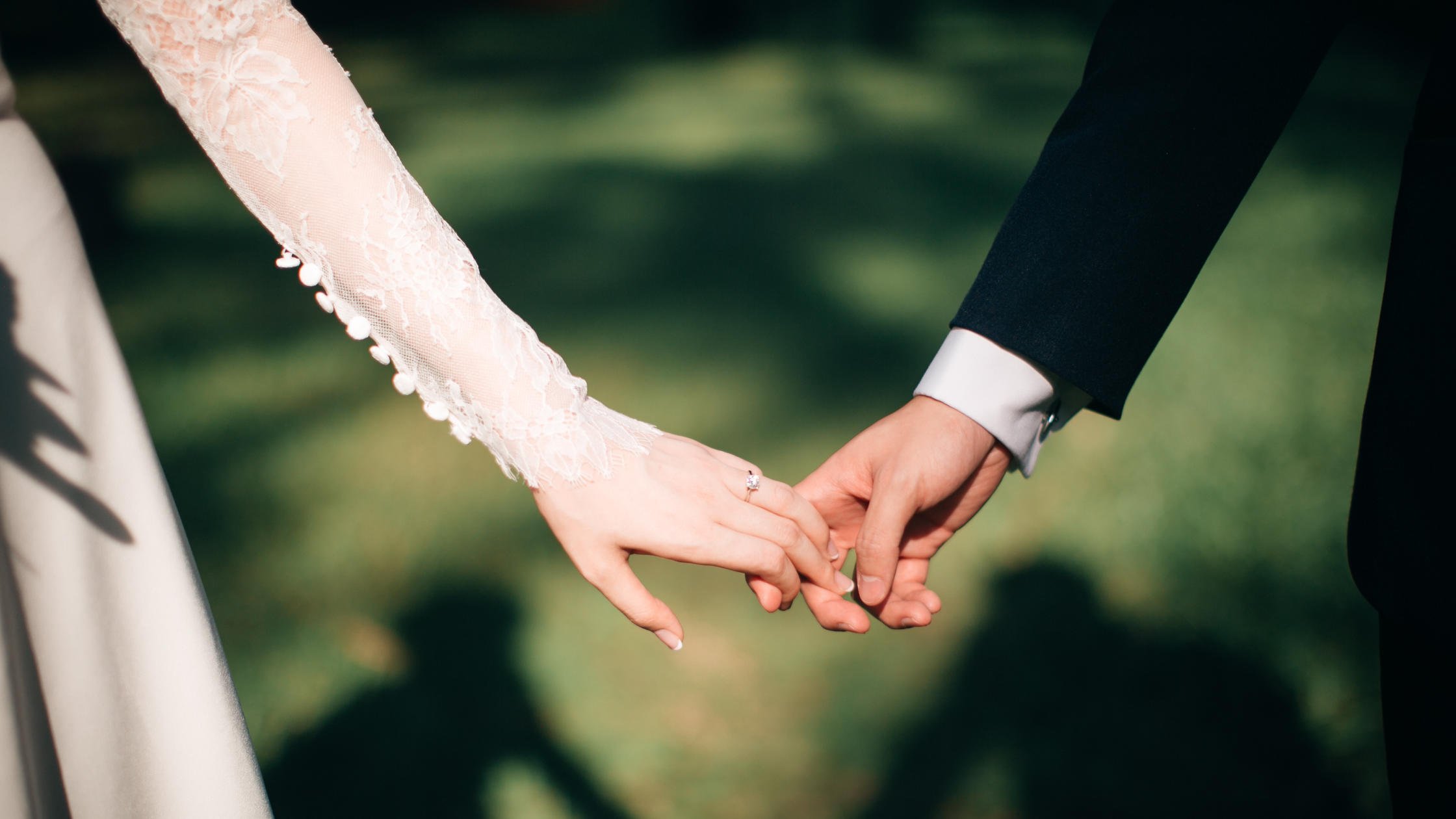



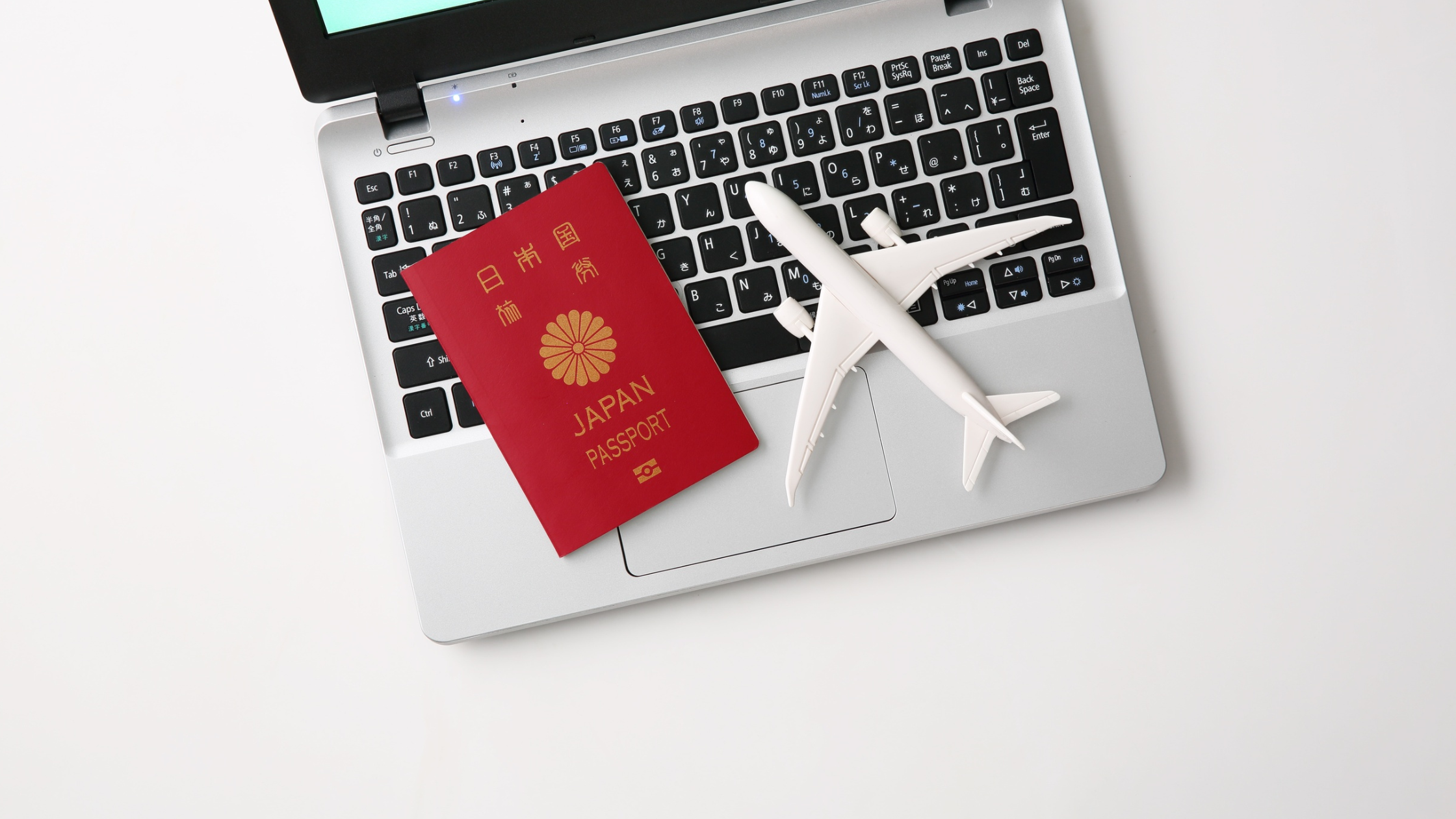








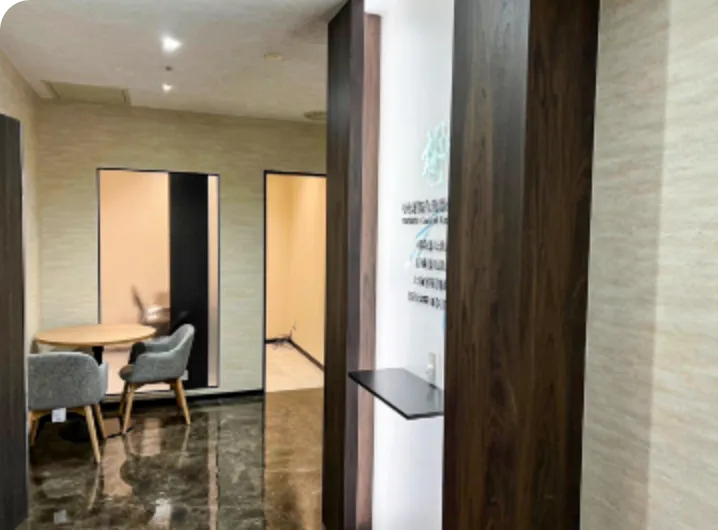
 0120-138-552
0120-138-552 Free
Consultation
Free
Consultation Contact Us
Contact Us